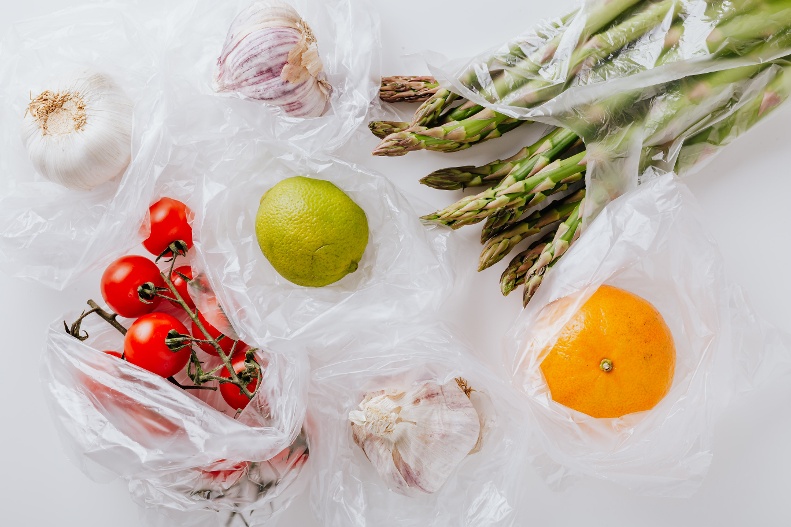In recent years, packaging has attracted a great deal of negative media attention and political scrutiny. Paradoxically, however, the importance of food packaging to the global population has never been so acute.
Stakeholders in the food industries have responded by actively promoting the positive contributions that their packaging makes to the quality of life.
The societal benefits of packaging often cited include the following:
-
requires less waste management and disposal since it encourages leftover processed food ‘recycling’ for use as animal feed or compost etc.
-
prevents or reduces product damage and food spoilage, therefore saving energy, vital nutrients, costs and protecting the health of the consumer.
-
reduces the cost of many foods through economies of scale in mass production and efficiency in bulk distribution.
-
eliminates or lessens the risk of tampering and adulteration.
-
presents food in an hygienic and often desirable way.
-
communicates important information about the food and helps consumers make informed purchases.
-
provides functional convenience in use or preparation.
-
promotes goods in a competitive marketplace and increases consumer choice.
-
facilitates the growth of modern shopping trends that offer consumers the convenience of the ‘one-stop shop’ and the availability of food from around the world throughout the year.
-
extends the shelf life with the benefit of prolonged product use.
-
saves energy through the use of ambient packs that do not require refrigeration or frozen distribution and storage.
However, the food industry is aware of current public concerns related to packaging which include:
-
packaging litter and the volume of packaging rubbish in waste processing facilities.
-
cost of disposal and recovery of discarded packaging.
-
pollution associated with methods of disposal – landfill and incineration.
-
accidents involving packaging.
-
perception of over-packaging due to apparently excessive unused space resulting from, it is argued, product settlement.
-
legibility of labels.
-
integrity of information on labels.
-
contamination of food due to the packaging itself.
-
ease of opening.
Related posts:
The Sustainable Food Packaging Revolution


